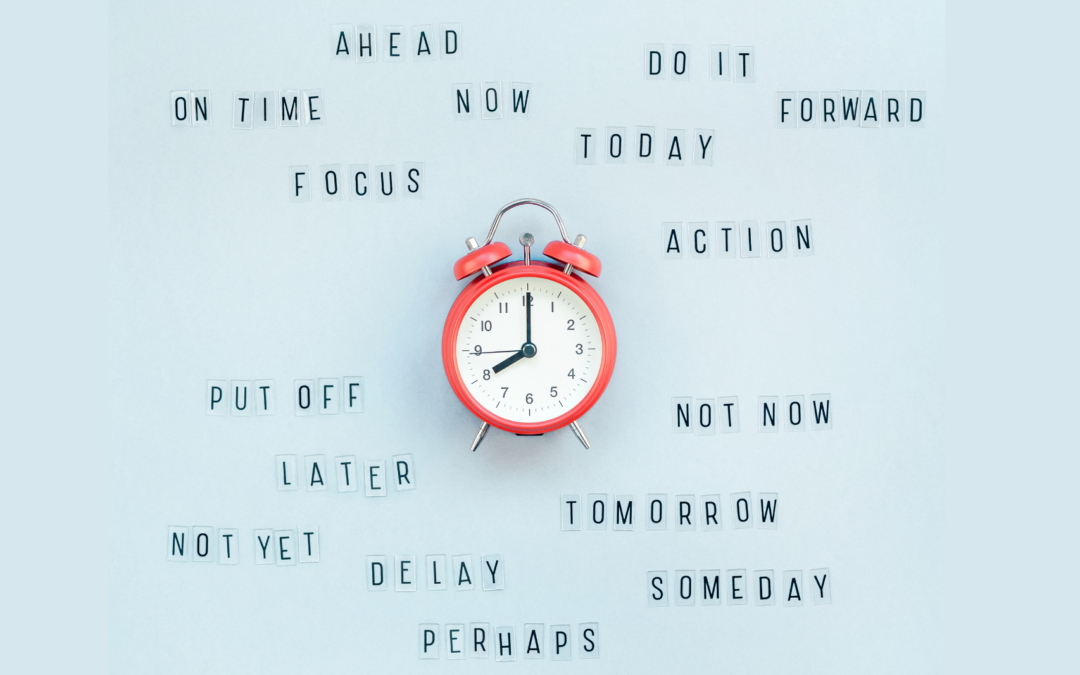Have you ever worked with clients who fully commit to actions identified in coaching sessions, but then arrive to the next session not having done it? Maybe the client repeats this multiple times. So are they just procrastinating? This article will explain how resilience coaching can help in stopping procrastination.
What Causes Procrastination?
As coaches we will often assume that it is something to do with the client’s commitment to the task, or that the goals associated with it are not meaningful enough for them to be motivated to do it. So we will often invite reflection and enquiry around the goal itself. Logical, right?
But there is another reason why work doesn’t get done. Your clients may be procrastinating because they’re suffering from the stress reaction: Fight, Flight, Freeze or Appease, or indeed a mix of these reactions. Procrastination consistently comes out as the top impact of stress from the Resilience Dynamic’s research.
Types Of Procrastination
There are 2 types of procrastination, both built from fear of failure:
- In behaviours: Someone will avoid having their ability judged by others. They believe that their worth comes from their abilities, and if they fear that their abilities can’t be demonstrated, they don’t show their work.
- In decisions: Someone is afraid of making errors, and so they avoid making any decisions at all.
The issue is the double looping of procrastination. It causes more failures, and loss of opportunity. This leads to unhappiness and can even lead to ill health eventually.
(Reference : Ferrari/dePaul University of Chicago; Research Group, Canada)
How Can Resilience Coaching Help With Stopping Procrastination?
Rather than help the client connect with all the skills of decision making or prioritisation, or defining what ‘good’ might look like for the work, instead consider instead the client’s resilience.
Could their resilience be at a low level at the moment? If so, the focus of the coaching work needs to change. Resilience coaching includes spotting the real barriers that stop the client acting on the changes identified in the coaching contract. Resilience coaching helps get to the heart of the issue quicker.
What will enable your client’s resilience? Your client will probably know! The quickest way to discover more is to explore more about the client’s energy. Energy is a proxy for resilience; it’s not the same thing, but it follows the same ups and downs. Help the client explore what drives the ups, and what drives the downs in their energy. Then you can begin to work on how the client can increase their energy.
This is a straightforward step towards helping your client increase their personal resilience. Since resilience acts as a buffer to stress, boosting it is a great step towards decreasing stress and the reactions which can cause procrastination.
If you are in the same situation, why not try considering how you might start increasing your own energy?
Author: Jenny Campbell Founder and CEO of the Resilience Dynamic
Follow Jenny on LinkedIn for more of her thoughts, resilience research, and ideas.
